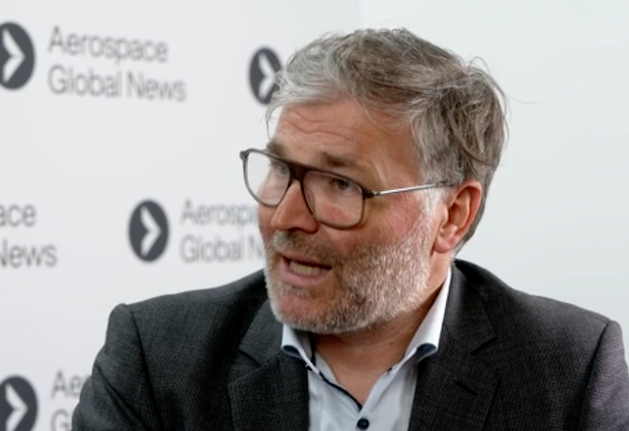Hydrogen-electric powertrain developer H2FLY is focused on proving the feasibility of the promising clean technology, according to Professor Dr Josef Kallo, co-founder and CEO.
Earlier this month Californian eVTOL developer Joby conducted a first-of-its-kind hydrogen-electric demonstration, with its prototype air taxi demonstrator successfully making a 523 mile flight “with water as the only by-product”. It is believed to be the first forward flight of a hydrogen-powered VTOL aircraft.
Joby designed and built the demonstrator’s liquid hydrogen fuel tank (capable of storing up to 40kg of liquid fuel), which feeds hydrogen into a fuel cell system, designed and built by H2FLY.
Speaking to Aerospace Global News, H2FLY’s Dr Kallo said: “We are looking first of all to show the technology is feasible. It is possible from a functional perspective to have high continuous power installed in an aircraft and also have the fuel there for a couple of hours. This is a very good achievement to show that not only does technology have to be there, but we have to now step into the qualification part.”
He added: “We are part of the Joby universe, which makes me very proud. In the last couple of weeks we could show that it is also possible to fly with a liquid hydrogen propulsion system that was developed by Joby.”
The Stuttgart, Germany-based company achieved another record-breaking flight in September 2023 when it made the world’s first piloted flight of a liquid hydrogen-electric aircraft using its proprietary fuel cell technology.
H2FLY has secured funding from the German Federal Ministry for Digital and Transport (BMDV) as part of its regional commercial aircraft fuel cell development, aiming to develop and test a high-performance system with an output of 350kW. The funding marks the commencement of the BALIS 2.0 Project, launched at Stuttgart Airport.
H2FLY is the leader of the initiative, set to receive €9.3 million from the BMDV over the next two years, with funding also provided as part of the German Recovery and Resilience Plan (DARP) via the European Recovery and Resilience Facilities (ARF) in the NextGenerationEU programme.

